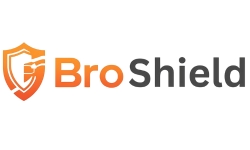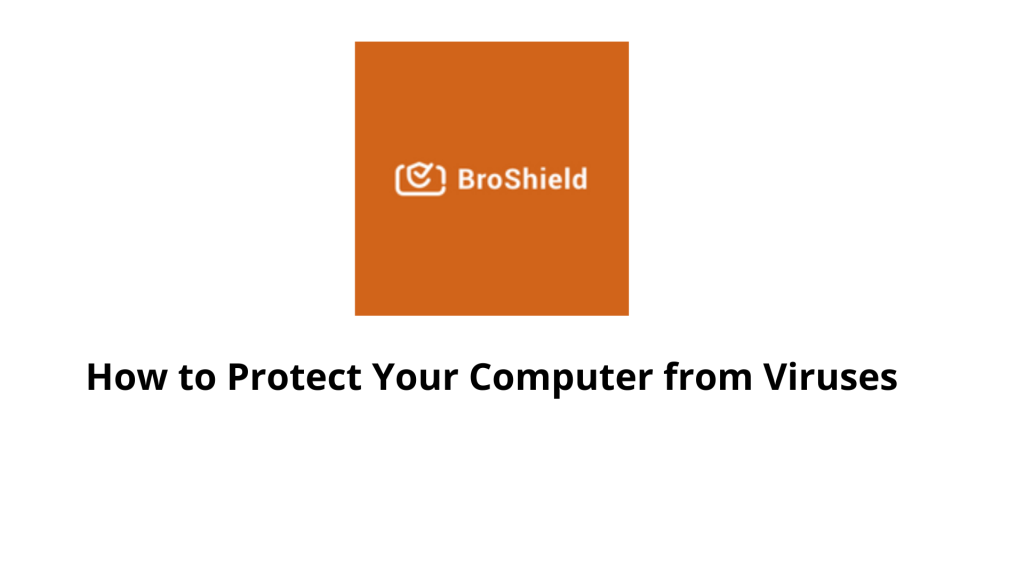Here in this article we’re gonna discuss “How to protect your computer from viruses“. Before diving deep into the topic let’s take a look at certain things.
Why the virus is such a huge threat?
The FBI has recently issued a warning about a computer fraud that begins with a phone call: Someone claims to be from a “big software business” and calls you. (Hmm…I’m not sure which one.) They claim your computer is sending them error messages via the Internet and that a virus has been found. But that’s not a problem: You simply pay a charge, and they will remotely repair your computer by installing anti-virus software.
The caller, however, does not remove infections once they have your credit card number and access to your computer; instead, they install them.
The Federal Trade Commission[1] shut down a similar scam in October, charging consumers between $49 and $450 to “remove” spyware from their machines. According to the FBI, “tens of thousands” of computer users were duped by the hoax.
The solution to these frauds is simple: don’t give strangers your credit card data or computer access. But first, let’s look at eight other techniques to protect yourself against viruses and malware:
1. Ensure that your software is up to date
Microsoft and Oracle, for example, update their software on a regular basis to correct problems that could be exploited by hackers. On Sunday, Oracle delivered an update to its Java software to address a security flaw that hackers may have exploited to infect PCs with malware.
The software update occurred after the Department of Homeland Security issued a security alert late last week, advising computer users to disable the Java plug-in in their browsers.
2. Don’t click on emails links
If you don’t recognize the sender of an email, don’t click on any of the links within it. According to Microsoft, 44.8 percent of Windows virus infections occur as a result of a computer user clicking on anything.
3. Make a backup of your computer
When we can’t get a virus or malware off our computers, we’ll have to destroy part of our data. File corruption caused by malicious software may require us to reformat our hard drives on occasion.
There is no way to retrieve any lost data without a backup. This is even more important because hard drives can accidentally corrupt themselves, causing us to lose our data. A backup that contains the virus and harmful code, on the other hand, will only repeat the problems we’ve had until we don’t back up the infection.
External hard drives, online storage, and cloud storage are the three fundamental alternatives for keeping your backup. For a limited time, sites like Google Drive provide free cloud storage.
4. Make a secure password
A complicated password with a combination of characters, numbers, and symbols is considered strong. Try to avoid using the same password for everything, as some individuals do.
The three most frequent passwords, according to password security specialist SplashData.com, are passwords, 123456, and 12345678. Avoid using the same user name and password for several internet site logins, according to the company.
Use eight characters or more when generating a password, and use short sentences separated by spaces or underscore marks to make them simpler to remember – for example, “car park city?”
What is the best idea? To generate and maintain your passwords, use a free service like LastPass. There’s only one password you need to remember: the one that unlocks your LastPass vault.
5. Make use of a firewall
The presence of antivirus software does not imply the presence of a firewall. Firewall software is incorporated into both PCs and Macs. Check to see if it’s turned on.
6. Keep downloads to a minimum
Check if your browser’s security settings are sufficient to detect fraudulent downloads. The medium-security option in Internet Explorer is the bare minimum.
7. Get an ad-blocker
Pop-up ads on the internet can often lead to shady websites that steal personal information and install malware. When trying to avoid ads, it’s frequently easier said than done unless we download a dependable ad-blocker that prevents us from viewing them all at once.
Ad-blockers, both free and paid, are widely available. The price difference is usually related to how well it works. Even if we have an active ad-blocker, we should be cautious when browsing the web because many sites will not allow us to enter unless the extension or app is removed.
8. Get an antivirus program
There are a variety of antivirus applications to choose from, with prices increasing as the level of security improves. Installing the best antivirus is a difficult undertaking, and it may be safer to download multiple antivirus programs if they each cover various security concerns.
It could be argued that antivirus software is unnecessary if we do not use our computers to access the internet. This isn’t always the case, as we can transfer infections from one system to another using USB sticks. It’s important to remember that having a safe and secure computer does not need spending a lot of money if any at all.
We recommend the Broshield antivirus software program

Broshield has proven to be a powerful anti-spoofing technology for enterprises, households, and Internet-connected devices. It is built on a complete espionage system that assists you in safeguarding your banking and personal information by monitoring them in real-time and blocking any unwanted risks to your services and data. A high-speed surveillance engine continuously monitors data and recognises any potential threat, promptly stopping it.
In large IT countries like Canada and the United States, cyber-attacks are fairly common. In such situations, hacking, spoofing, and stealing data from your devices such as PCs and laptops via the internet and email can be exceedingly uncomfortable. Spoofing has existed for quite some time.
Practically every internet user is concerned about spoofing these days Not only parents, but also children, adults, and IT professionals who work from home or study online are stressed by spoofing. It’s a constant menace that people all across the world are aware of.
Conclusion – How to Protect Your Computer from Viruses
Broshield is an antivirus tool that safeguards your online activities by preventing remote surveillance with its cognitive fail-safe feature. Remote BroShield troubleshooting aids you in quickly addressing and improving your PC issues without the assistance of remote BroShield expertise. IT will alert you if any suspicious activity is identified in your system. Broshield is anti-hacking software that guards against hackers impersonating your emails, banking services, and personal data.
We’ve gotten to the conclusion of our article on “How to protect your computer from viruses” and we hope you found it useful.
Read More – How to Know if My Computer is Hacked




